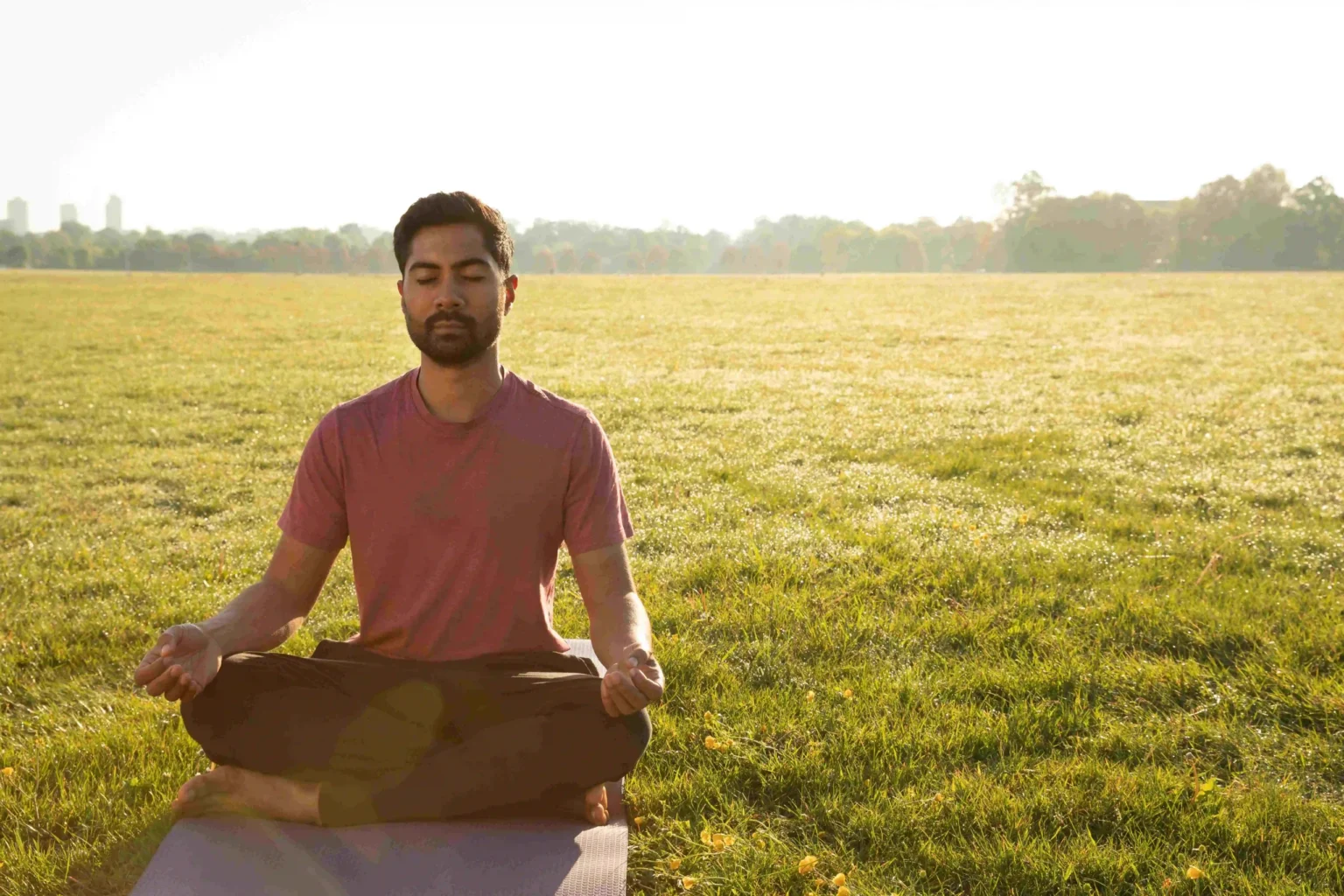In today’s busy world, mental health has become increasingly important to many people. Stress, worry and intense emotions can take a toll on your health and make it difficult to concentrate, relax or enjoy life. Mindfulness is a simple but effective way to improve your mental health. It helps you become more alert, less stressed and more emotionally balanced. This beginner’s guide explores the power of mindfulness and how it can improve your mental health. It also gives you tips on how to incorporate mindfulness into your daily life.
What does mindfulness mean?
Mindfulness means being fully present in the present moment, being aware of your thoughts, feelings and surroundings without judging them. It teaches people to accept experiences as they happen, rather than mindlessly reacting to them. Mindfulness can help people feel more connected to themselves and the world around them, which can help them become happier and more peaceful. Mindfulness doesn’t mean letting go of our thoughts and feelings; it means changing the way we process them.
Why Mindfulness Is Good for Mental Health?
There has been a lot of research into the effects of mindfulness on mental health. The results show that mindfulness can significantly reduce stress, worry and sadness. Mindfulness helps people cope with negative emotions and improves their overall well-being by promoting a state of awareness and acceptance. Other benefits include improved concentration, better emotional control, better sleep and more strength to deal with life’s challenges. Mindfulness makes the brain better able to deal with stress, leading to a more peaceful and fulfilling life.
How Mindfulness Reduces Stress?
It’s normal to feel stressed when you face problems in life, but chronic stress can take a toll on your physical and mental health. Mindfulness helps people break the stress cycle by focusing on the present instead of thinking about the past or future. People can activate the body’s relaxation response by practicing awareness. This lowers cortisol levels and makes you feel calmer. Mindfulness exercises like deep breathing and meditation are easy to do and can help you manage stress better. This can make it easier to cope with the stresses of everyday life.
Mindfulness and Dealing with Anxiety
People often feel anxious when they think too much, worry too much, or are afraid of the unknown. Mindfulness helps people deal with anxiety by teaching them to notice what they are feeling and thinking without getting carried away by it. Mindfulness can help you see things more clearly without getting caught up in stressful thoughts. Meditation, breathing exercises, and body scans can all help to calm the nervous system and reduce the signs of anxiety. Mindfulness can make you emotionally stronger over time, making it easier to deal with anxiety and uncertainty.
How Mindfulness Can Help You Process Your Emotions?
Emotional control is important for mental health, and mindfulness is one of the best ways to help people do this. Mindfulness can help people become more aware of what makes them feel bad and learn to be more mindful instead of reacting immediately. When people are aware of this, they gain more self-control, which allows them to respond to difficult situations with kindness and understanding. Mindfulness also encourages self-compassion, which means that people should be kind to themselves instead of hard on themselves.
Simple Ways to Be More Focused
You don’t have to do a lot of strenuous exercise or spend hours meditating to be able to focus. People who are just starting out can start with simple tasks that they can do every day. One of the simplest methods is focused breathing, where people focus on their breath and breathe in and out slowly. Another good habit is mindful walking, where people pay attention to their steps, body movements, and their surroundings. Other ways to incorporate mindfulness into your daily life include practicing gratitude, mindful eating, and taking short meditation breaks.
Mindfulness and Better Focus
Many people have difficulty concentrating and avoiding distractions, which can make them less productive and mentally confused. Mindfulness helps you focus by teaching your mind to stay in the present moment instead of constantly jumping from one thought to another. People can improve their concentration by adopting a mindful bedtime routine, you can help alleviate insomnia, improve sleep quality, and enhance your overall well-being.
Mindfulness can help strengthen relationships
Mindfulness not only makes you healthier, it also improves your relationships. People can improve their listening skills, show understanding, and build deeper connections with others by having meaningful conversations. Relationships are better when people pay attention during conversations, don’t multitask, and genuinely care about the other person’s feelings. Being mindful can also reduce arguments because it allows you to think about your responses rather than reacting impulsively.
Build a lasting mindfulness practice
Mindfulness is best practiced every day. Making it a daily habit can pay off in the long run, even if it’s hard at first. Just a few minutes of focused breathing, meditation, or gratitude practice each day can make a big difference. Over time, mindfulness becomes a regular part of people’s lives, helping them maintain mental balance and overall health. Mindfulness is a great way to improve your mental health. You can do it in the morning, during a break at work, or before you go to bed.
Summary
Mindfulness is a simple practice, but it can have a big impact on your mental health. Mindfulness can help people better cope with problems in their lives. It increases their awareness, reduces stress, and restores their mental balance. Mindfulness can help you stay happier and healthier in the long run. You can do this through breathing exercises, meditation, or just something you do consciously every day. For beginners, the best way to maximize your awareness is to start with small, regular routines. Over time, this practice can help you live a calmer, more focused, and more fulfilling life.


